White Salmon Valley Education Foundation, School District, Provide Food and Household Supplies to Families Impacted by COVID-19
WHITE SALMON, Wa. April 23, 2020 - The White Salmon Valley Education Foundation and the White Salmon Valley School District have teamed up to provide groceries and household supplies directly to families who have lost jobs or are otherwise facing hard times due to the COVID-19 pandemic.
Like most school districts across Washington state, the White Salmon Valley School District has been providing free meals to children age 18 and under during the COVID-19 school closures; approximately 400 meals per weekday are distributed at designated pick-up locations such as schools and bus stops. However, principals and teachers have heard from some families that this support, although helpful, is not enough: “A single mother who lives in a very rural region of Klickitat County told me that she had lost her job due to the COVID-19 crisis and didn’t have gas money to get to the local food bank or grocery store,” stated Henkle Middle School principal Haley Ortega. “Although she appreciated the free meals the district was providing to her children, she also really needed some basic groceries.”
In response, the White Salmon Valley Education Foundation established a COVID-19 Response Fund, focused solely on providing food and household supplies to district families facing difficulties due to COVID-19. The fund was kicked off with a donation from White Salmon residents Tao Berman and Jamie Carbone, and with grants from the COVID-19 Gorge Community Response Fund (a collaboration of the United Way of the Columbia Gorge and the Healthy Gorge Initiative) and the Southwest Accountable Community of Health.
Michelle Ward, health and wellness coordinator for the school district, is coordinating the overall effort by reaching out to district families, gathering their “wish lists,” purchasing groceries and supplies, and, in some cases, delivering items directly to families. Ward is finding that the most requested items are basic foods such as fruits, vegetables, proteins, and flour, as well as household supplies and hygiene items such as shampoo, diapers, feminine hygiene products, cleaning supplies and toilet paper. “I delivered several bags of groceries to a family the other day, and every time I set a bag down, the youngest child - a toddler- would throw her hands up in the air and say, ‘wow, thank you!’” stated Ward, “It was the sweetest thing . . . the mom was so incredibly grateful and was in tears.”
For more information, contact WSVEF executive director Amanda Lawrence at amanda@wsvef.org or donate here.
